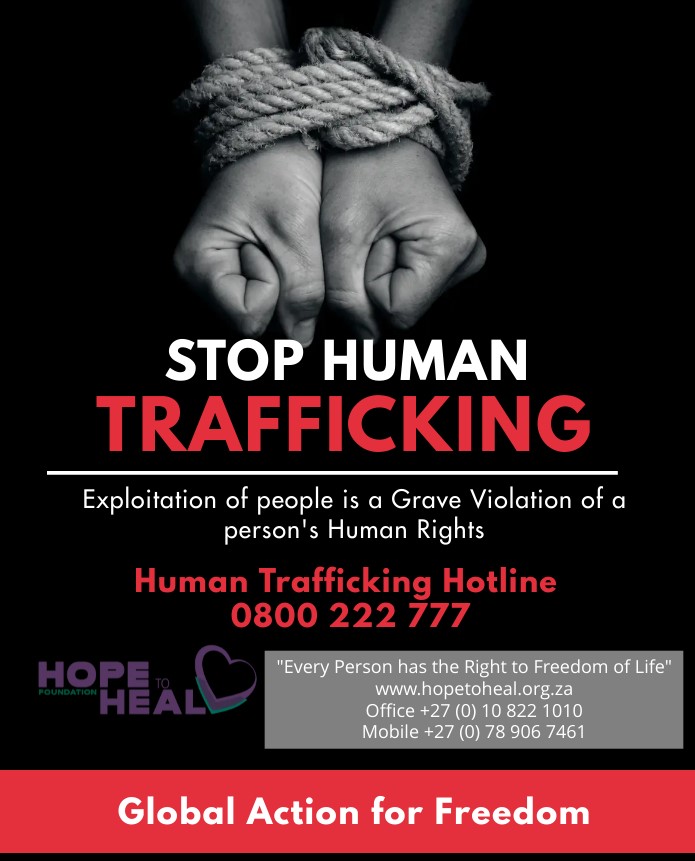News, Uncategorized
Human Trafficking and Smuggling of Ethiopian Nationals into South Africa

A number of individuals in Ethiopia are involved in illegal types of transnational migration, namely human trafficking and smuggling. Human trafficking, which is becoming an issue of global concern, is affecting Ethiopia significantly.
However, little is known about the predisposing factors that subject people to illegal migration in a manner that makes them vulnerable to transnational human trafficking in Ethiopia. Specifically, the mechanism how people from Ethiopia enter the web of trafficking is unclear.
However, the magnitude of the problem has rather been increasing over time, and because it is a phenomenon that affects the source, transit, and receiving countries, it is an issue of international health and human rights violations. On the part of the victims, beyond violations of human rights, human trafficking adversely affects their social wellbeing, which is one indicator of health. Human trafficking also exposes victims to various types of illnesses, injuries, and abuse. They travel through unsafe routes and conditions that are likely to expose them to dangerous health risks.
The relationship between smuggler and smuggled persons is usually better at the beginning of the travels, but changes for the worse during the travels. This happens as the smugglers gain control over the smuggled persons and the latter are sold by a series of brokers or smugglers to traffickers. It is now recognized as a major public health problem and Ethiopian victims are not immune to its health consequences.
Human trafficking relating to poverty and the current political problems in Ethiopia as push factors affect individuals at all levels. This is because economic deterioration affects individuals, relationships, communities, and society at large. Poverty encompasses various dimensions, such as lack of access to basic services and insecurity in daily life.
Persons from rural areas lack knowledge or awareness about the realities of trafficking might increase their vulnerability. Illiteracy, limited access to education, and dropping out of school are other individual level factors that have been reported to put individuals at risk of trafficking.
Women and girls are usually employed as domestic servitude and commercial sexual exploitation and men and boys into forced labour, that subjects them to restricted freedom of movement and generally puts them at risk of exploitation, which is a major sign of trafficking.
Understanding this reality, traffickers usually sell them to series of networked traffickers. As the number of successive buyers increases, the amount of money the trafficked women and girls must pay to free themselves from the traffickers also increases. They, therefore, fall under debt bondage that must be paid from the salary they earn by working in households. This results in them being trapped because this debt increases each day.
South Africa has been downgraded to Tier Two Watchlist by the United Nations due to lack of compliance on Human Trafficking . Hope to Heal Foundation has stepped in to bring about positive change to eradicate slavery and to come up with and action plan by hosting the Global Action for Freedom Summit in February 2022. Globally all stakeholders working to combat human trafficking must work together to end exploitation of people.
